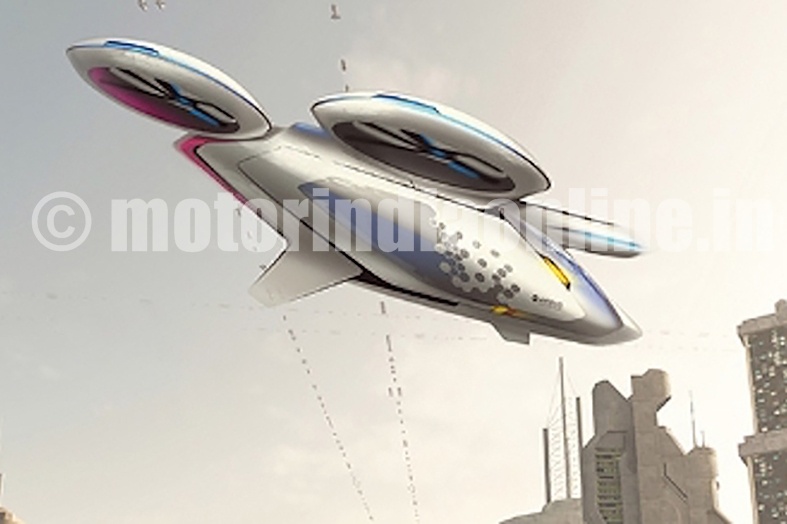Urbanization is quickly migrating populations back to cities where they once thrived before suburbia’s growth beginning in the 1950s. In just 15 years, 60% percent of the world’s people will live in cities, a 10% increase.
As city populations grow, so will traffic jams, which already cost commuters around the world up to 100 hours in wasted time annually, according to an INRIX study.
In order to get above the noise and pollution of congested city life, Airbus plans to produce the first working prototype of a self-driving flying car by the end of next year.
“In as little as ten years, we could have products on the market that revolutionize urban travel for millions of people,” Rodin Lyasoff, project executive at Airbus’s A³ group in Silicon Valley, said in an article on the Airbus website.
“Many of the technologies needed, such as batteries, motors and avionics are most of the way there,” Lyasoff stated. What’s still needed is reliable sensing and object avoidance technology, which is next on A³ group’s plate. “That’s one of the bigger challenges we aim to resolve as early as possible,” Lyasoff said. Under the project name Vahana, A³ has been developing an autonomous flying vehicle platform for individual passenger and cargo transport.
Trabel is lead engineer on Airbus Helicopters’ Skyways project, which “aims to help evolve current regulatory constraints.” Earlier this year, Airbus Helicopters and the Civil Aviation Authority of Singapore (CAAS) signed a memorandum of understanding allowing Airbus Helicopters to test a drone parcel delivery service on the campus of the National University of Singapore in mid-2017, according to the company.
The flying bus would use multiple propellers and resemble a drone more than a helicopter.
